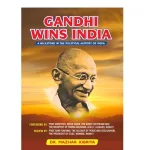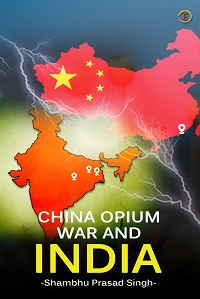Description
About the book
In the nineteenth century, the use of opium as a pain reliever in allopathic medicine, sedative and anesthesia in surgery began to spread on a large scale, which led to the expansion of poppy cultivation in various parts of India at a large scale by European traders. Apart from these purposes related to the medical field, large quantities of opium products and derivatives were used in large quantities for drug addiction in eastern Asia, especially in a large country like China, it was becoming fearless and indiscriminate. In order to meet the demand for wildly growing opium in China, Europe’s opium smugglers and traders started openly opium cultivation in some selected areas of India, ignoring all narcotic regulations in mind. The Narcotic Bureau of India used to issue licenses for opium cultivation, which kept production under control. But European smugglers ignored all norms and rules to meet China’s demand and earn more profits. In parts of India to produce opium poppy traffickers were in large quantities. They used – the plateau of Chotanagpur of the current Jharkhand state, Kaimur Valley region of Bihar, the area of Mirzapur and Ghazipur of UP and the Mandsor region of Madhya Pradesh were prominent. The region of Jharkhand was very important and profitable for opium smugglers and traders. Productivity, quality, exports, geographical compatibility for opium crops, profit margins, processing and easy access to the processed goods to the customer- from all these points, the area of Jharkhand was quite suitable for European opium smugglers. Opium cultivation in Jharkhand largely done on easy and cheap terms by farmers and laborers from here and the processed products were transported to Hong Kong via Calcutta Port and distributed all over China. In Jharkhand as co-vice-production with uncontrolled opium farming ‘Patthalgdhi’ was born. Disputed concept such as the CNT act and ‘SPT’ Act were made which today are in the way of overall development of the state.








 THE TERRORIST AND THE VIGILANTE
THE TERRORIST AND THE VIGILANTE
Reviews
There are no reviews yet.